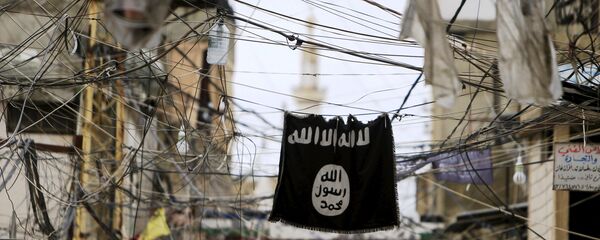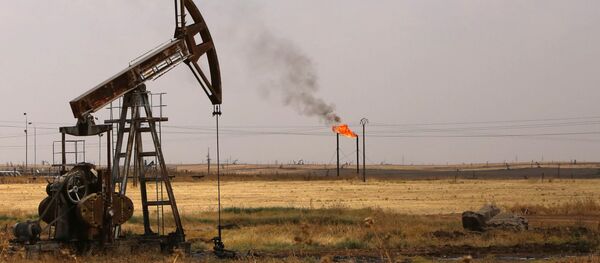These enterprises allegedly bring Daesh millions of dollars a month, but they are unlikely to offset the group's financial losses. As a result, the militants have also introduced additional taxes, such as tolls for truck drivers or fees for leaving a city under Daesh control, and fines.
Daesh's other ventures included smuggling antiquities and playing international currency markets. The group has generated up to $200 annually by selling archaeological artifacts plundered from historic sites in Iraq and Syria, Russia's envoy to the UN Vitaly Churkin said in early April. The militants are also making up to $20 million a month on currency speculation, a UK parliamentary committee revealed in March.
Daesh's financial troubles forced the group in January to halve salaries of its fighters. Rumors circulate that some militants in Libya have been so desperate that they turned to poultry farming.
"Relatives tell me IS people can now be seen standing in the streets in their black outfits with their faces covered, selling both the eggs and the chickens. And they are selling the chickens for a very cheap price of just one or two dinars," a former resident told Middle East Eye.
IHS analysts estimate that Daesh's monthly revenue dropped by nearly 30 percent in less than a year — from some $80 million in mid-2015 to approximately $56 million in March 2016. Taxation and confiscation make up half of the group's revenues. Approximately 43 percent, the analysts added, come from illegal oil trade, while drug smuggling, the sale of electricity and donations make up the rest.





